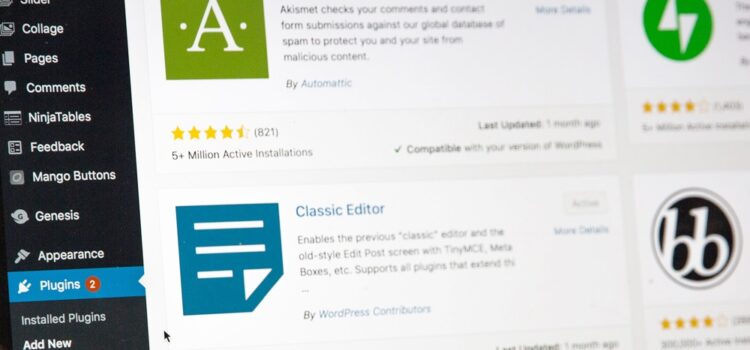Read the critical differences between a domain vs. website. Understand better how to get started with your online presence.
Domain vs Website

Are you aware of all the benefits of a website for businesses who aspire to be successful also in the competitive digital battlefield?
So, you've decided to build a website for your business?
Before jumping into production, conduct deep research on what works best in your industry. What is a website, and what do you need to get started?
What is a domain?
A domain is a unique address that identifies a website. It is the name people type to access your site. You can easily purchase a domain on GoDaddy, Namecheap, or Hover. Once you own a domain, you can point it to a web host, which stores the files that make up your website.What is a website?
A website is a collection of related web pages that usually exist within the same domain. A site can be a single page, or it can be much more complex. It all depends on the purpose of the site and the goals of the person who created it.Most websites are developed with HTML, CSS, and JavaScript code. They are hosted on web servers and can be accessed by anyone with an Internet connection.
Overview of Domain vs. Website
If you're planning to get a website, you may have come across the terms "domain" and "website" and wondered what the difference is. Do you need both? Can you have one without the other?Here's a quick rundown of domain vs. website:
A domain is your website's unique address on the internet. It's what people type into their browser to find your site. For example, our domain is www.ajroni.com.

A website comprises all the files and resources that live on a server and make up your site. This includes your HTML files, images, videos, and anything else that someone would find when visiting your site.
In short, a domain is like your home address, while a website is like the actual house or apartment at that address. You can't have one without the other!
Critical differences between domain vs. website
A domain is a unique name that recognizes a specific website. It is the address people use to access your site. In contrast, a site is a compilation of web pages accessed through a domain.So what are the main dissimilarities of domain vs. website?
Here are some key points to consider:
-Functionality
Users can obtain information, purchase products, and dive deep into a website while a domain name indicates to users their site's actual URL location.
The domain name is required to access the website, while a site is more important because it will be displayed to users worldwide.
-Composition
Domain names are quickly built by some rules, restrictions, and procedures based on DNS. In comparison, websites need to follow some standard coding and structural guidelines to show up correctly in a web browser.
-Flexibility
A website is much more flexible in changes and constant updates. While a domain name must be creative and unique, and you cannot change your domain name once chosen and purchased.
-Intention

While they both boost credibility to your users, their main aims might be different. A website's goal is to turn visitors into prospects by providing quality content. The domain name represents the entire collection of your business' services in a short, memorable URL name.
Conclusion
To summarize, a domain is the address of a website, while a website is content that lives on a domain.Domains are important because they give your website an identity online and help people find your site. On the other hand, websites are what people see and interact with when they visit your domain.
So, while you need both a domain and a website to have an online presence, they serve different purposes.
Although a domain and website are closely related, they are two very different things. A domain is simply the address of your website, while a website owns the content that lives on that domain.
It's vital to have a great domain name and a well-built website to create a successful online presence. We believe that this article has helped clear up any confusion between domains and websites.




